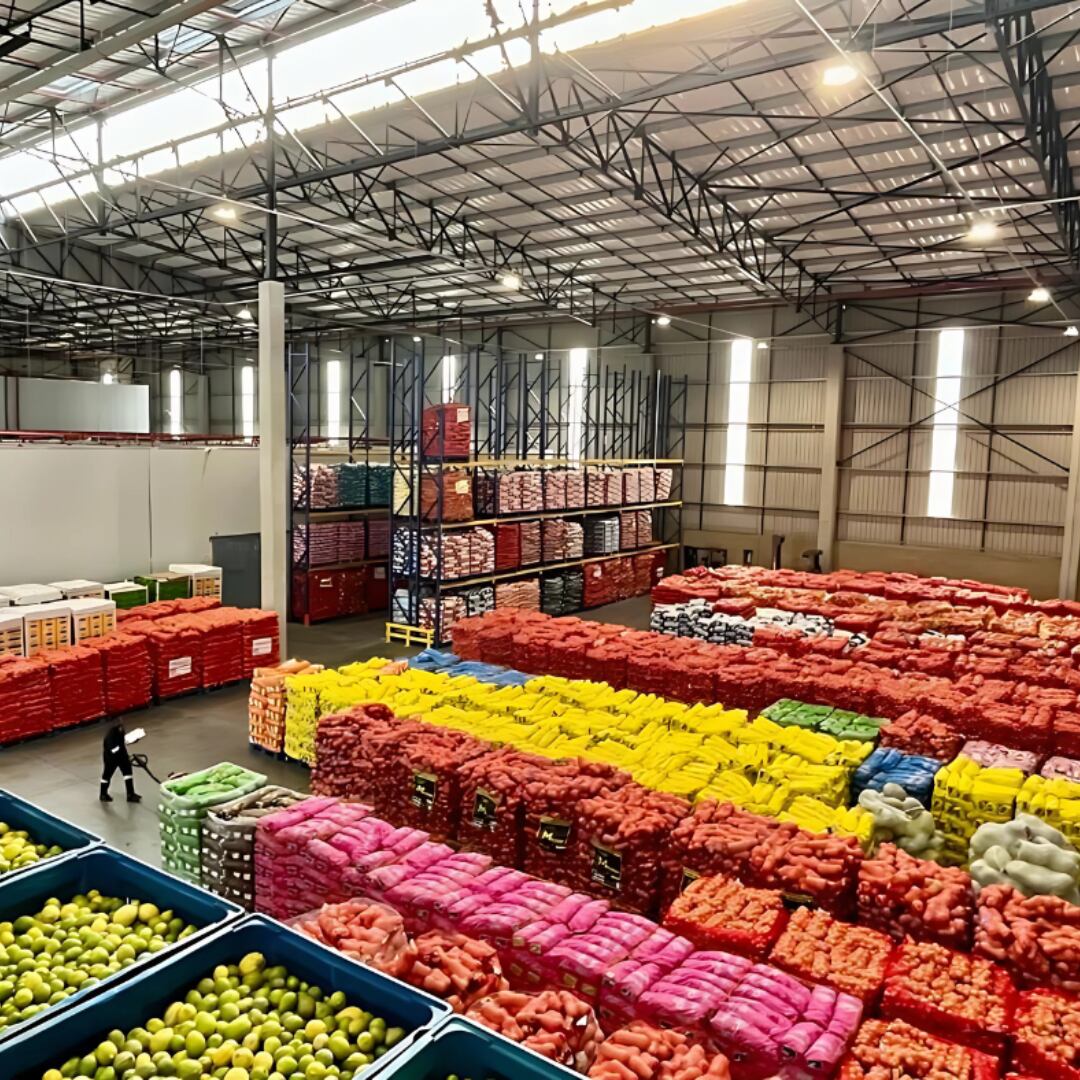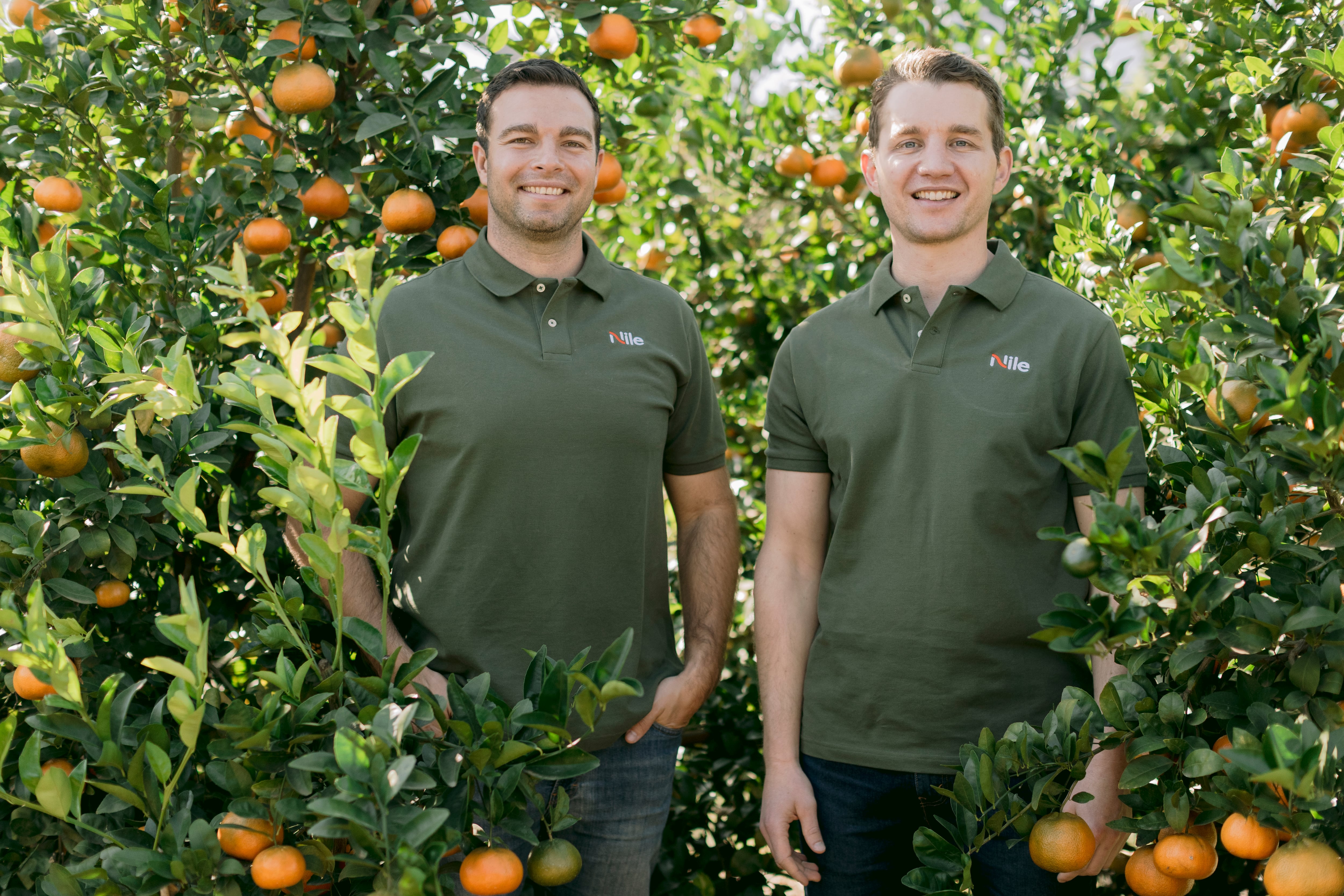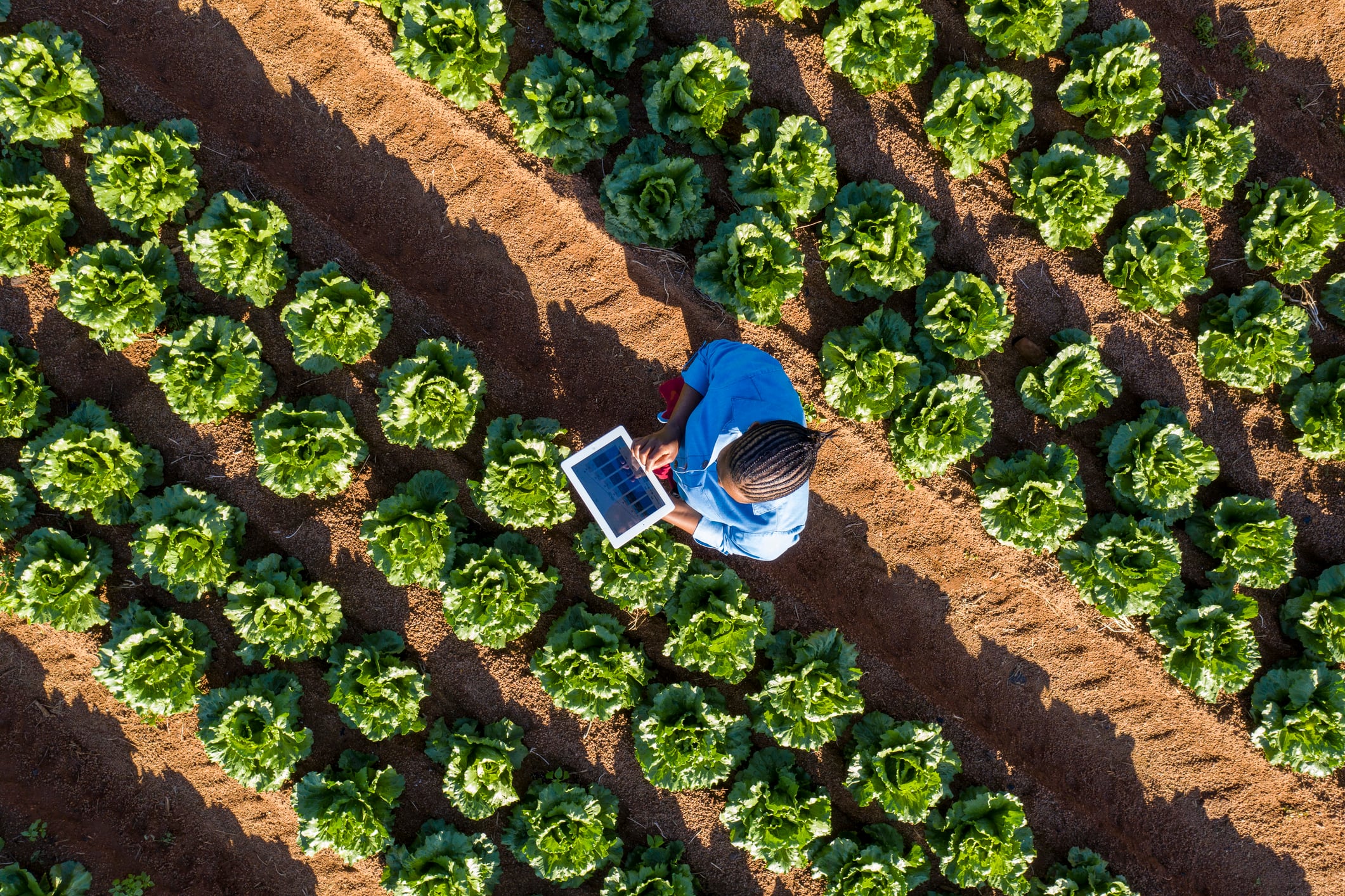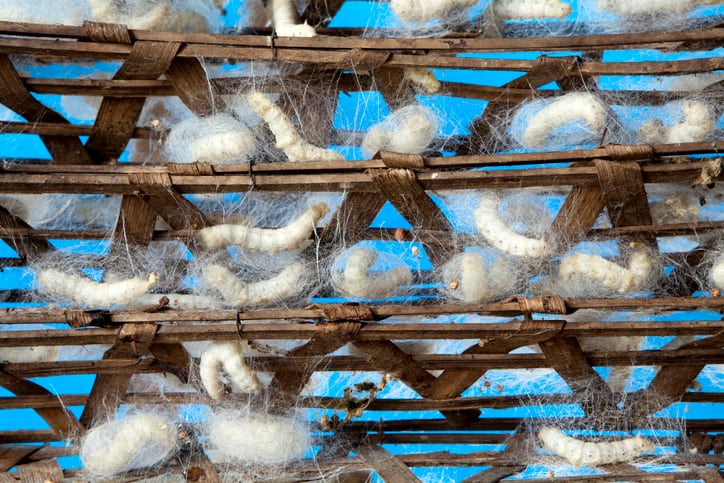It was the Covid-induced closures of South Africa’s fruit and veg markets that triggered three friends to start building an online alternative.
Louis de Kock, Eugene Roodt and Rick Kleinhans were scattered across three continents at the time, but returned home to South Africa to engineer a solution that would enable farmers to sustain a livelihood and keep food supplies flowing across South Africa.
Nile was initially born as a marketplace to streamline fresh produce sales, but has since evolved into a comprehensive digital farmer ecosystem. Last month it raised over $11m to expand an additional marketplace for agricultural inputs and launch a new innovative financing solution.
As de Kock explains, Nile’s attraction is that it removes a lot of intermediaries, thereby reducing the cost of trading. “That means there’s a lot more value to share, either for the end consumer or for the farmer.”
ATN: What’s driving Nile’s growth at the moment?
Nile makes transactions more transparent. One of the issues that farmers were having is they were selling their produce in markets, but through agents. And so they had no idea what it was selling for.
There’s a lot of corruption and a lot of distrust in the traditional system for good reason. This type of system makes everything transparent. It’s all in the open, and it’s all digital.
The other thing is the optimisation of routes. Traditionally, farmers would just send produce to the markets nearest to them, not knowing if there was demand for it. Now they know who they’re selling to before they send it.
ATN: And you’ve branched out beyond produce markets?
Yes, because farmers were saying, ‘we like selling produce through you, but we have a similar problem in the input side of the equation’. They still don’t have transparency in the way they buy with a lot of very localised middlemen that charge exorbitant prices.
Then the next obvious thing was to build financing on top of it. It’s still very small scale, nothing massive, but with this funding we’re looking to do a lot more of that.
ATN: How do the supply chains in southern Africa differ to say, Europe?
I would say the major difference is the composition of demand. So demand in Europe is formalised with the big retailers consuming up to about 90% of the non-hospitality fresh produce.
In southern Africa, it’s different. There is the formalised part but there’s also significant informal trading and then the trading into the rest of Africa is significantly less formal. So the composition of the demand is different, and that creates different opportunities.
If we were to launch the same product in Europe it wouldn’t fly because there’s not as much fragmentation. And for a digital marketplace to succeed, you need fragmentation, ideally on both supply and demand. Then a platform that can consolidate supply and demand, and handle all the complexities of supply and logistics.
ATN: But it’s primarily in farmers interest to use Nile rather than their customers?
Not really. If you were anyone except a supermarket buying produce, you’d have to go to the market and it could take up to seven hours to go from agent to agent.
There’s also the cost we save. Middlemen would typically add 22% to 24% whereas we add 7.5%. So that’s about 15% of value to be shared, which is either going to the farmer or the buyers. There is value for both, in addition to those more qualitative benefits.
ATN: Any competitors in southern Africa?
We were not the first but we’re now the only at-scale, online marketplace in South Africa. There are others that focus on smaller farmers in the region, but we don’t have much good competition in terms of online marketplaces.
Fresh produce trading is probably the most competitive market there could be though, because it’s a generic product. The traditional players are obviously not very happy with us encroaching on their territory and making things more transparent. So we definitely have our workout cut out on a daily basis.

ATN: What scale are you at now?
Last year, we did 225k tons of fresh produce through our marketplace. We’re looking to double it this year. We’re already the biggest direct trading entity in southern Africa.
There are about 20 municipal markets in South Africa and only three of them have a volume bigger than ours.
ATN: What do you think makes Nile an attractive investment?
Firstly, we have very high retention. So 90% of people farmers who join the platform don’t leave. The second thing is our acquisition costs are quite low because the agricultural industry is very much based on word of mouth.
The market we operate in is also a really thriving industry. It’s growing. There’s a lot of opportunities, a lot of optimism within agriculture and a lot of young people involved. So if you wanted to invest in southern Africa, then you probably would look for somebody that’s growing fast within this industry.
ATN: What is the investment landscape like in in southern Africa at the moment?
Like in all emerging markets, it’s been under pressure and obviously, the amount of money available for investing in has reduced.
It’s definitely a lot less than three years ago when we did our first fundraise. Then markets were very frothy. But I think it’s much more sustainable now and healthier. I don’t think anyone’s interested in a frothy market where people are just throwing money around.
The one thing we don’t have in South Africa is the depth of markets for larger scale ventures like Series C, series D. Those markets are not as deep as it would be in Europe or the US.
ATN: What impact does that have if the money’s coming from Europe or the US rather than South Africa?
In general, it’s still positive but it’s not only about capital, it’s also about learning and strength of experience.
So FMO invest in India and in other emerging markets, where there are amazing entrepreneurs that are way ahead of where we are today. And we can learn a lot through their connections, how they are employing different types of technology. There’s a lot of learnings or qualitative benefits to having international investors over and above just the money.
ATN: Would the sector benefit from a large specialist VC fund focused on southern African?
We don’t have an Omnivore [Indian specialist VC fund] equivalent in Africa which is a pity because it’s always nice if you have people with very sector specific knowledge that focuses on it.
FMO is probably the closest you get to that, if you consider the type of investments that they’ve made in Africa, but also other parts of the world.
I think oftentimes in Africa, it’s difficult because many of the markets are quite small and quite fragmented. And so to really build a venture at scale, there’s only a handful of markets within Africa that actually support that.
And then you also have to look at the market structure and whether it really makes sense to launch there.
There were parts of East Africa that got enormous investments in agtech since 2021 but some of those investments were not super successful and so that may also stunt some of the growth and momentum.
I understand why there may not be an enormous agtech fund at the moment but there are good entrepreneurs building very interesting stuff across all the different verticals of agtech.




